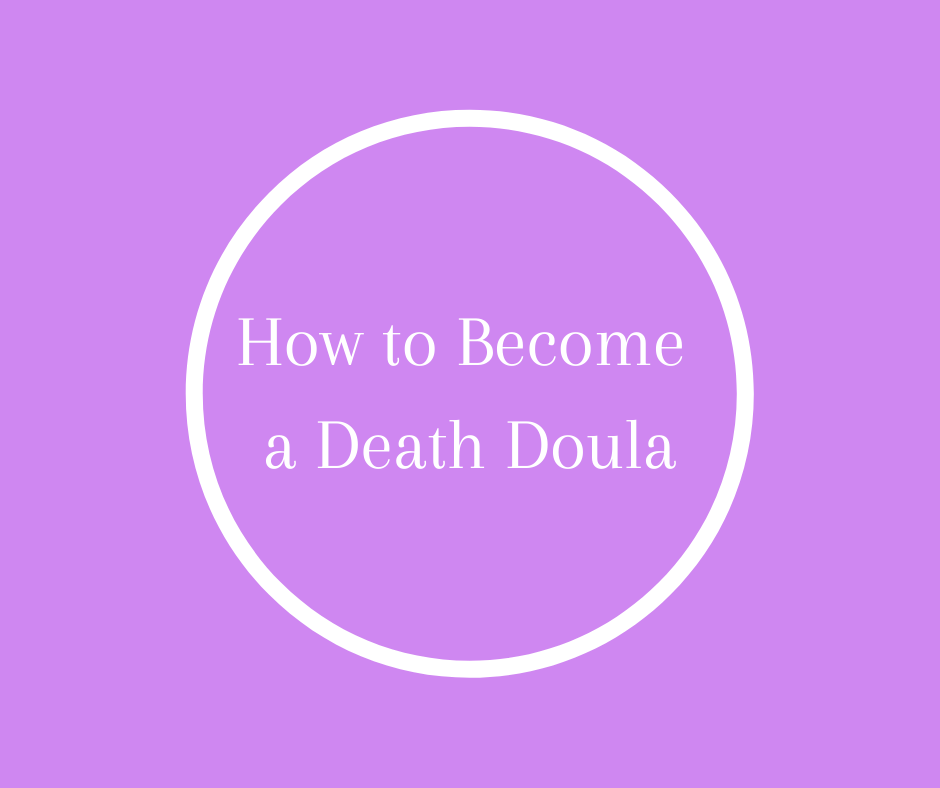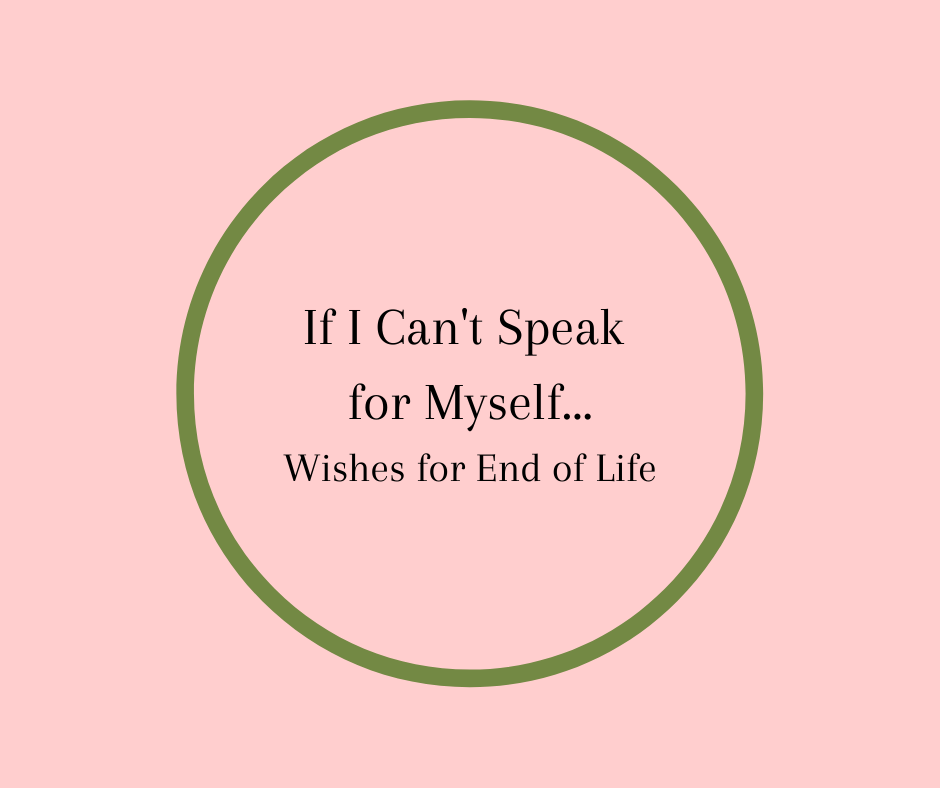Dear Barbara, my mom recently passed away while surrounded by her kids and husband. I cannot stop replaying her last moments over and over again in my head. I know this is normal. However, she had a disease that impacted her speech and for a week before she died, she could not speak at all and slept constantly. Then, minutes before she died, she gave a few whimpers and shed one tear. My brother and I are tormented by this, as we want to know why these things both happened. Why the whimpers? Why the tear? She had an incredibly strong Christian faith, so I am trying to reassure myself that it was not sadness, but perhaps, joy and awe. Or maybe she was just simply sad to leave her kids and husband. I know we will never know. But I am wondering if you could speak on any similar experiences you have witnessed of either or both of these things.
It is interesting to me how much importance we all seem to place on the last few minutes before physical life ends. You are not the first person to ask me about what occurred during a loved one's last moments. We witness the tears, the facial expressions, the sounds, the grimaces. Yet we are so often unaware of those very expressions as life progresses on its routine daily basis. It isn’t until life is ending that we become observant.
What happens at the moment of death or in the hours before death, is generally just normal body actions. A tear is natural -- the eyes are partially open and have been for days or even weeks. There is a drying out of the eyes and the body is trying very hard to produce moisture. Without blinking (and the eyes are not blinking) moisture accumulates and rolls down the cheek producing a tear (generally not a lot of “tears” because the body is dehydrated and not functioning as it normally would).
It seems poetic to believe the tear is sadness or emotionally based. I believe the “tear” is physiologically based. The person at the moment of death is so withdrawn from their body that they are not expressing emotions or even feeling emotions. Their work is that of the little chick working to get out of the shell. They have already withdrawn from what goes on around them days or even weeks before this moment.
The “whimpers” are part of the sounds of dying, no more, no less. Sighs, moans, gurgles, and soundless cries are all part of the normal, natural way a person dies. We, with our fear and deep sadness of the moment, react and hold on to every expression as if it has meaning. It doesn’t.
What does have meaning and is important is that the person who is actively dying can, on some unconscious level, hear. Imagine standing outside watching and experiencing a beautiful piece of nature. You are caught up in the splendor of the moment and from a distance you hear someone speaking to you, calling to you. You hear but softly from a distance. I believe that is how the person actively dying hears us. We, the watchers, need to say what is in our hearts (hopeful we have taken the opportunity to do that long before this moment) and then after we have said our goodbyes just be a presence. Touch, hold, be love as we walk to the end of life with our special person.
Something more about Whimpers and Tears...
When a loved one enters the dying process, it would be so helpful to know what to expect, what to look for. After being at the bedside of hundreds of deaths, I decided to write a hand book for families to help them navigate these waters. Gone From My Sight is the first and most widely used handbook on the signs of approaching death. Churches, families, social workers, nurses, chaplains need this book. Do you have yours?








37 comments